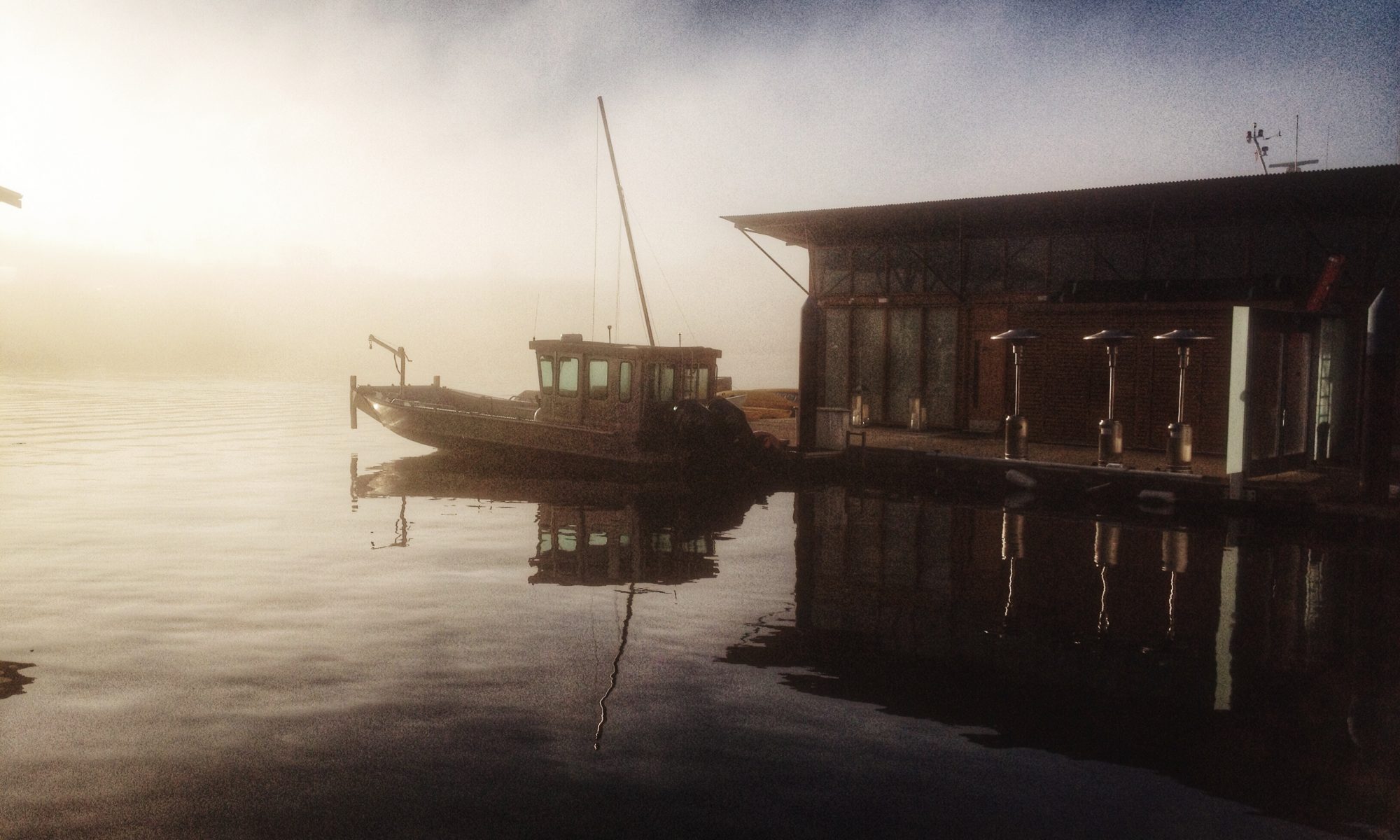I’ve spent the past 10 days in Italy with a somewhat picky 12yo. Despite this, we’ve eaten relatively well! As a way of remembering, and in case you’re looking for recommendations, here’s places we ate:
Sestri Levante
Located at Via XXV Aprile, 143. We ate here our first night, and in some ways, it’s been downhill ever since. We sat on their patio on the street, I had an Aperol Spritz and a craft Italian Pilsner. We both ordered pizza – the kid a Margherita, myself a Tuna + Buffala pizza that was incredible. Kellan had a Limonata there that he spent the rest of the trip trying to find again – unsuccessfully unfortunately.. The service was great, the food was amazing. 5/5 stars.
Located at Viale Remembranza, 41. Our second night. Chosen because it was literally across the street from our apartment. It felt like a family-run place, and despite being on the main strip, across from the beach with an incredible view, it was delightful. I had pasta, Kellan had pizza. We ended up eating her twice, mostly because most places were closed on Mondays, but not here. 3/5 stars
Located at Viale Remembranza, 36. The only actually bad meal we had all trip. I should have been suspicious because of the over-eager host/hawker calling us in. But TripAdvisor said reasonable things. I had bad pasta, Kellan had a bad pizza. The service was indifferent and slow. Do not recommend. 1/5 stars.
Located at Via Vittorio Veneto, 2. I had a fresh caught Sea Bass and buttery-perfect potatoes, along with a local wine. Kellan had “just ok” pizza, so our review would split here. There was a massive tour group and what appeared to be some sort of family reception happening which meant we were a little forgotten for a bit, but our server made up for it with some truly great multilingual dad-jokes and by treating Kellan with more courtesy than most servers. 4/5 stars
Located at Vico Lombardo, 8. We’d noticed a bunch of the local workers in the shops stopping in here for food, so we thought we’d give it a try. It was.. totally fine. Reasonable prices, friendly service, quick to serve. The atmosphere was great – seemed like everyone knew each other and people walking by would stop to chat too. 3/5 stars.
Pacifico Antico Forno
I weirdly can’t find this place on a map or online. Located roughly Via XXV Aprile, 45 – Next to Caffe Delle Fiabe. It made.. incredible Focaccia, which was our go-to breakfast everyday. A little salty, oily, smooth. I could eat it every day forever. We had focaccia from 2 other places in Sestri, none could hold a candle to theirs. 5/5 stars.
Rome
Located at Via San Vincenzo, 30/30A. The other place we went twice: the first time, we both decided to have something other than pizza – I had an amazing fish ravioli, Kellan had a burger – which was just ok. But the pizza looked amazing, so he wanted to come back. It also had a great selection of craft beer, and milkshakes for desert. We ate here our last night too, and had pizza which did not disappoint. 4/5 stars
Located at Via del Lavatore, 91. This place came advertised as some of the best pizza in Rome. They don’t take reservations, you just line up in an alley across the street. It opens at 18:30, we got there 18:10 and the line was already nearly 50-deep – took about 40 minutes for us to be sat. The pizza is unlike anything I’ve had before. Gigantic puffy crust almost making a bowl for the ingredients – I had a yellowfin tuna with yellow-tomato-cream pizza. Kellan had a spicy salami. I loved mine – probably in the top 3 pizzas I’ve ever eat. But Kellan didn’t like his at all and barely ate it. So a mixed bag, but would recommend if you’re not with a picky eater. Pro tip: there’s a bar next door that’ll serve you take-out for while you’re waiting in line. 5/5 stars (1/5 stars from Kellan).
Located at Via Urbana 112. Again chosen because of proximity – around the corner from our place after a long day for Kellan touring the Colosseum, this place was fun! But the food wasn’t good. I’d still – guardedly – recommend it though because the atmosphere was fun. Counter-service, with loud-music and neon signage “This pizza is fucking fantastic” and generally a good vibe. But… the pizza didn’t live up to the promise. 3/5 stars.
I definitely look forward to coming back to either Sestri Levante or Rome with someone who likes more kinds of food, but we did pretty good. I was surprised to find that there is an actual craft beer scene in Italy, and while mostly lighter beers, was reasonably good. I had wine 2 nights – one superlative (in Sestri), one fine (in Rome) – in both cases I just had a glass of the server’s recommendation.








